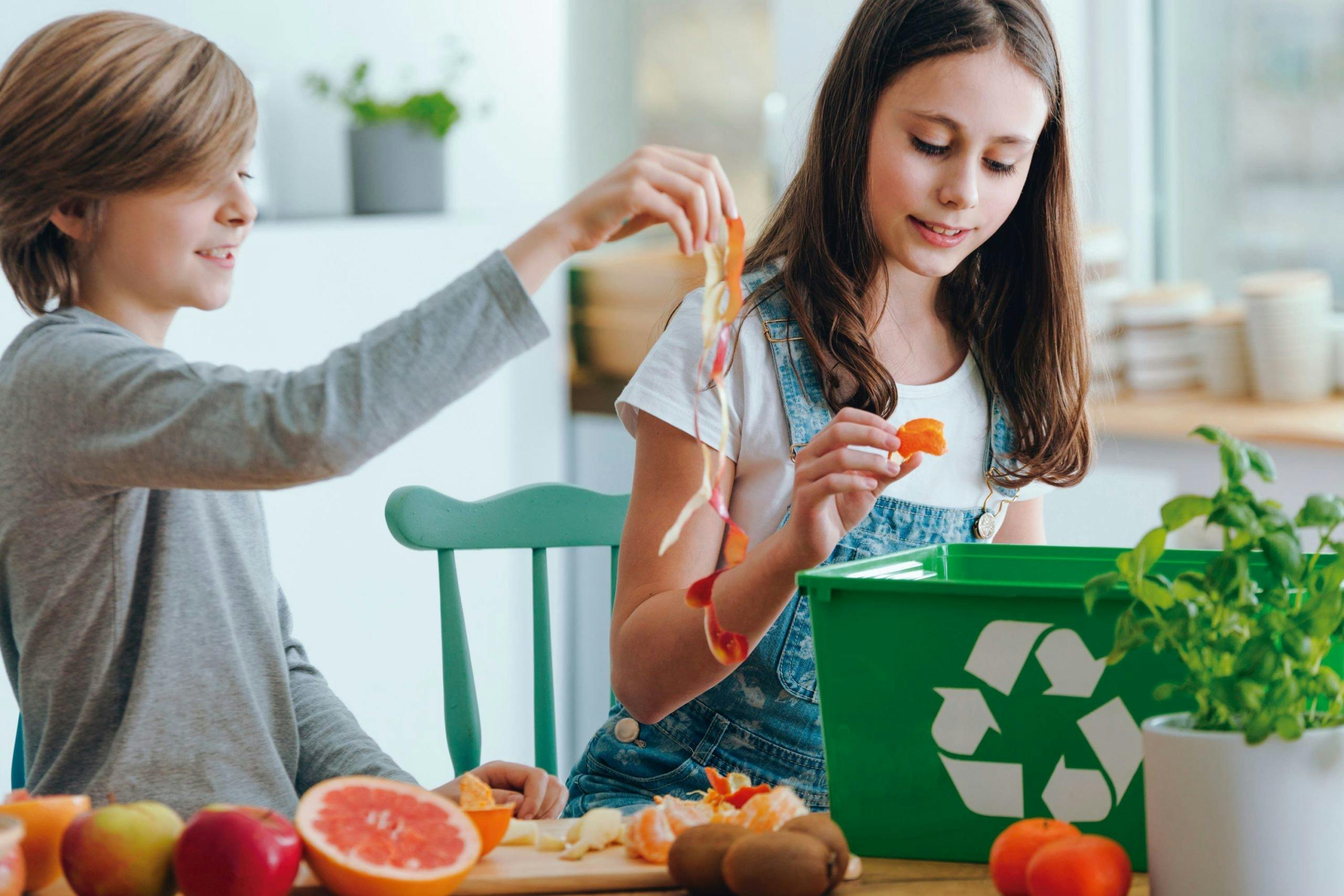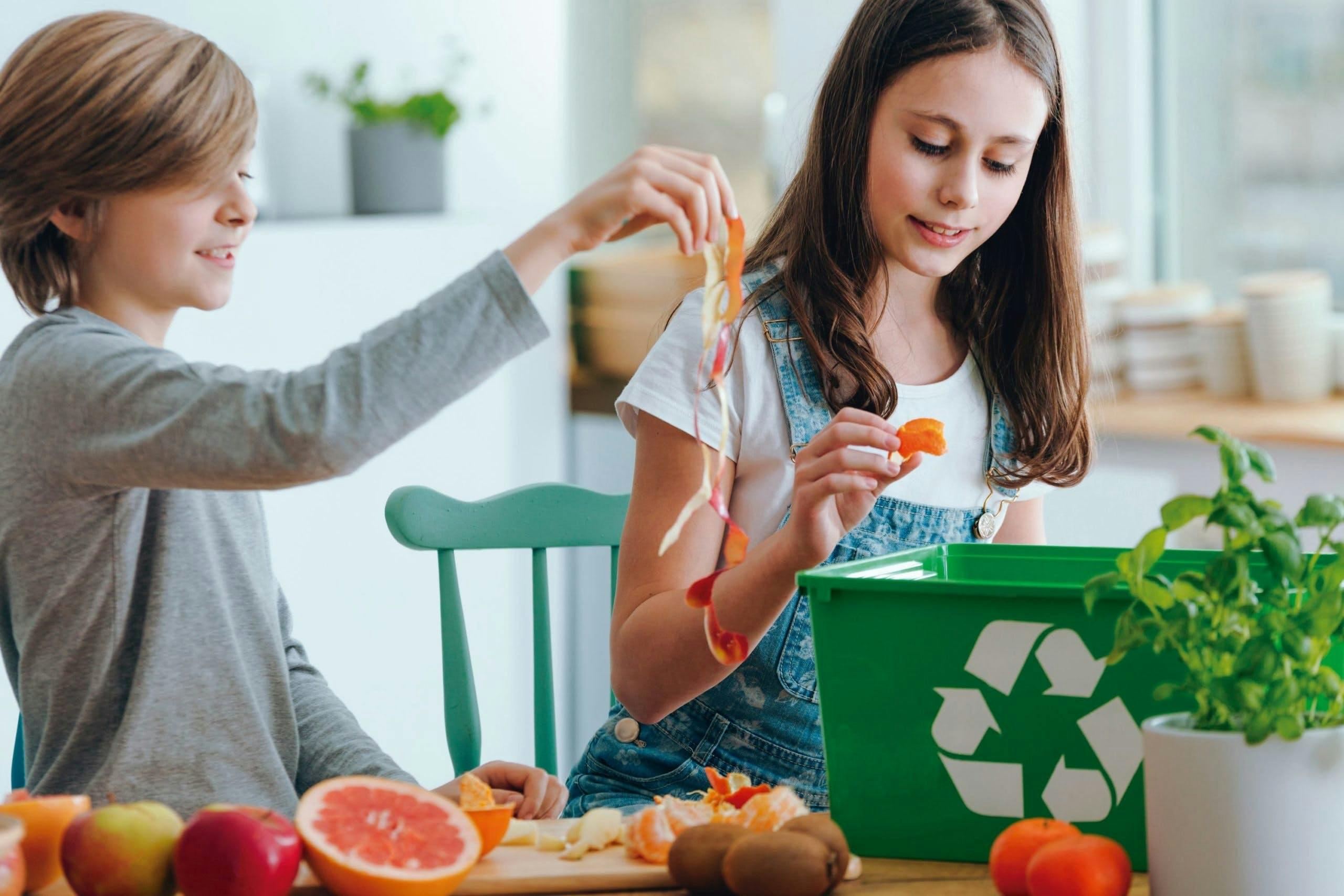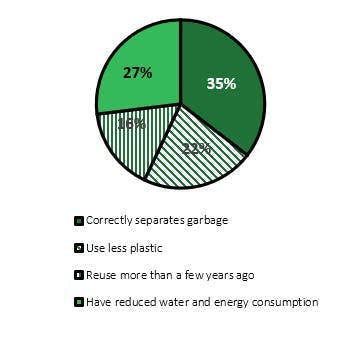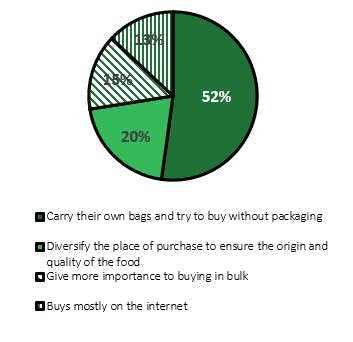
Kitchen habits can make a difference
World Environment Day has come and gone, but that doesn’t mean our efforts to live a more sustainable life should stop there. Awareness for sustainability of the planet has led a large part of the population to become much more aware and active in preserving the environment, especially in the kitchen.
The Silestone Institute has put together 9 tips on how to make a kitchen more sustainable:
- Purchase only the food you need, and do not overbuy. This reduces the overexploitation of resources and food waste.
- Minimize your use of plastic materials (ex. use cloth grocery bags, avoid plastic containers, purchase products with sustainable packaging)
- Cook the amount of food you are going to consume and take advantage of leftovers.
- Try to use the necessary water for washing and cooking without leaving the tap open on for longer than necessary.
- Make the most of the natural light in your kitchen.
- Buy energy-efficient appliances as the fridge and freezer use the most electricity in the kitchen.
- Fill the dishwasher, washer, and dryer to full load in order to save electricity.
- Design spaces with efficiency in mind to save water and energy, and facilitate food storage and preservation, recycling, and cleaning.
- Recycle packaging and food in accordance with your region’s waste management guidelines.
Environmental awareness: Household habits can reduce environmental footprints
According to the Global Kitchen study “The kitchen, the heart of the home”, awareness of the impact of human consumption on the natural environment is increasing. This is generating a change in household habits with the aim of reducing the environmental footprint.
From the study, consumption in the kitchen was reduced by:
- 35% correctly separating garbage
- 27% reducing water and energy consumption
- 22% using less plastic
- 16% reusing materials more than a few years ago
Greater awareness of the environment has led to habits such as bringing your own reusable bags to stores and purchasing products with less packaging.
Incorporation of environmental criteria in the purchase of food
- 52% carry their own bags and try to buy without packaging
- 20% diversify the place of purchase to ensure the origin and quality of food
- 15% give more importance to buying in bulk
- 13% buy mostly on the internet
The Global Kitchen study, presented in 2019, is based on a consumer survey in 9 countries (Spain, Italy, the United Kingdom, Scandinavia, the United States, Canada, Australia, Singapore, and the United Arab Emirates) and on the expert vision of 23 professionals from different specialties.
Silestone Institute is an international platform dedicated to researching and disseminating knowledge about the kitchen space, both domestically and professionally. The Institute is an initiative promoted by the Cosentino Group, a world leader in the production and distribution of cutting-edge innovative surfaces for architecture and design. www.silestoneinstitute.com







